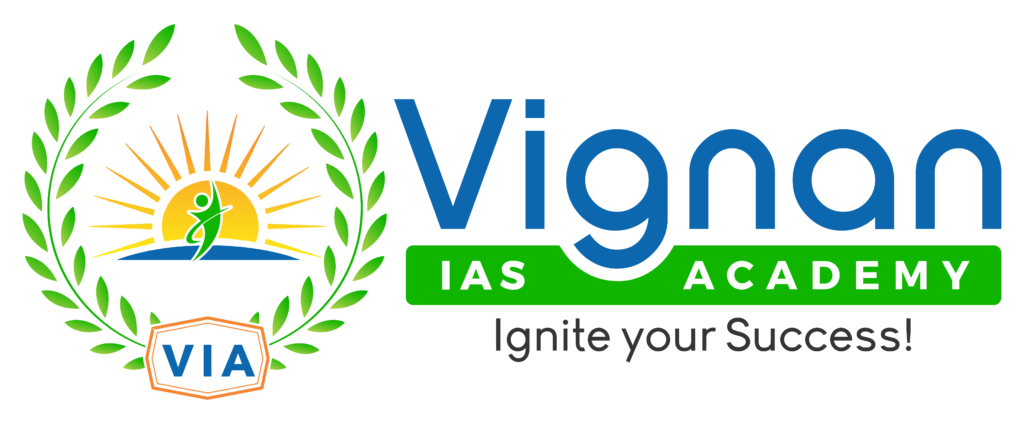Blog
August 3rd Current Affairs
- August 3, 2021
- Posted by: admin
- Category: Culture Current Affairs Daily News Defense & Security Disaster Management Economy Education Environment & Ecology Ethics Geography Governance Health History International Relation Persons in News Polity Science & Technology Social Issues Sports Uncategorized UPSC Notification Videos
1.Preventive detention.
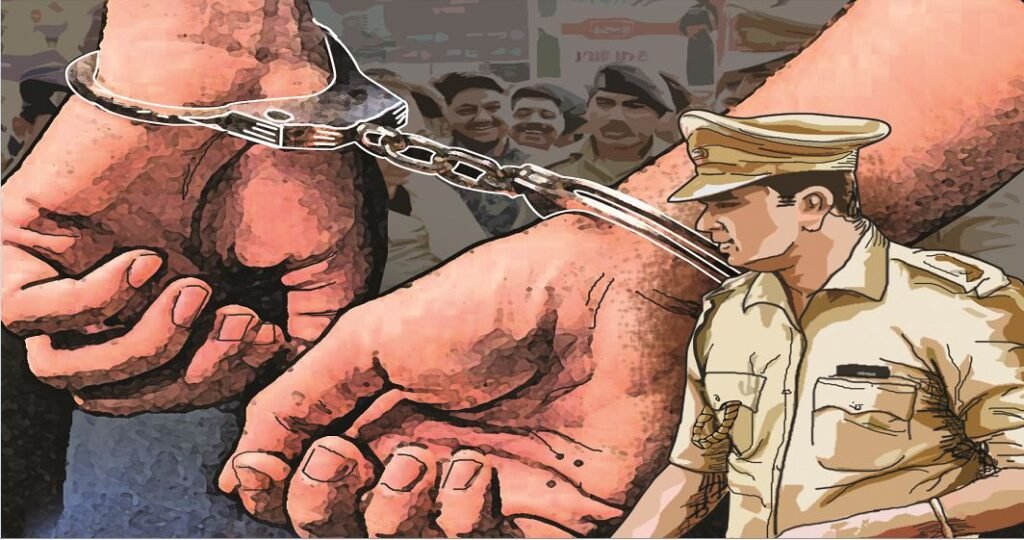
IN NEWS:
The Supreme Court held in a judgment recently that Preventive detention could be used only to prevent public disorder.
KEY POINTS:
- It is also said that the State should not arbitrarily resort to “preventive detention” to deal with all and sundry “law and order” problems, which could be dealt with by the ordinary laws of the country.
- Preventive detention must fall within the four corners of Article 21 (due process of law) read with Article 22 (safeguards against arbitrary arrest and detention) and the statute in question.
What is Preventive Detention?
- It is the imprisonment of a person with the aim of preventing him from committing further offences or of maintaining public order.
- Article 22 (3) – If a person is arrested or detained under preventive detention, then the protection against arrest and detention under Article 22 (1) and 22(2) shall not be available.
- A detainee under preventive detention can have no right of personal liberty guaranteed by Article 19 or Article 21.
- To prevent reckless use of Preventive Detention, certain safeguards are provided in the constitution:
- A person may be taken to preventive custody only for 3 months at the first instance.
- The detainee is entitled to know the grounds of his detention.
- The detaining authorities must give the detainee earliest opportunities for making representation against the detention.
SOURCE:TH
2. Adi-Prashikshan Portal.
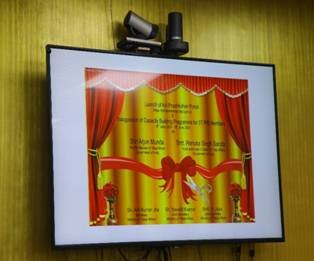
IN NEWS:
Ministry of Tribal Affairs (MoTA) has launched ‘Adi-Prashikshan Portal’.
KEY POINTS:
- It will act as a central repository of all training programs conducted by Ministry of Tribal Affairs and other organizations funded by the Ministry.
- It was launched for strengthening the capacities (in terms of knowledge, skills, attitude) of government functionaries, ST PRI members, Teachers, SHG women, Youth and Tribal Communities.
- The main objective of the portal is to create an end-to-end centralized online interactive training platform on tribal development which brings together training organizers, resource persons, master trainers, trainees and training material at one place.
- All Tribal Research Institutes including Gujarat Tribal Research & Training Society, Gandhinagar have been given training on the functionality of the portal.
SOURCE:PIB
3. India to take over as President of UNSC for August.
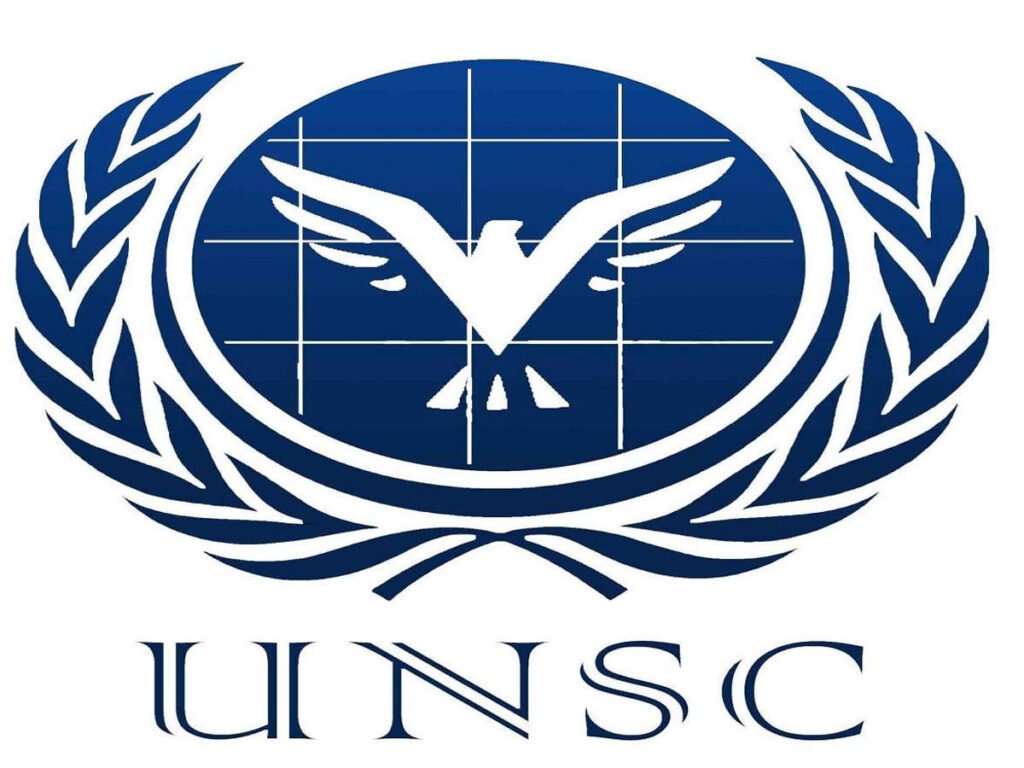
IN NEWS:
From August India will be the president of the United Nations Security Council (UNSC) for the month and then the nation will host various events in the three major areas of fight against terrorism, maritime security and peacekeeping.
KEY POINTS:
- S. Tirumurti India’s permanent representative to the UN will hold a press conference on the Security Council’s work plan for the month.
- He will also provide a briefing to UN member states which are currently not permanent members of the Council on its work for the month.
- On January 1, 2021 India’s two-year term as a non-permanent member of the Security Council began. The August presidential term will be India’s first chairmanship during its non-permanent membership of the Security Council in 2021-22.
- India will again chair the Council in December next year, which is the last month of its two-year term.
- During India’s presidency, the nation will be hosting various high-level events in the three main areas of counter-terrorism, maritime security and peacekeeping.
- Maritime security is India’s top priority, and it is important for the Security Council to take a holistic approach to this issue.
- India is particularly focused on using better technology to ensure the safety of peacekeepers and how to bring perpetrators of crimes against peacekeepers to justice.
- As a leading country in the fight against terrorism, India will continue to focus on the fight against terrorism.
SOURCE:IE
4. MADRAS LEGISLATIVE COUNCIL.
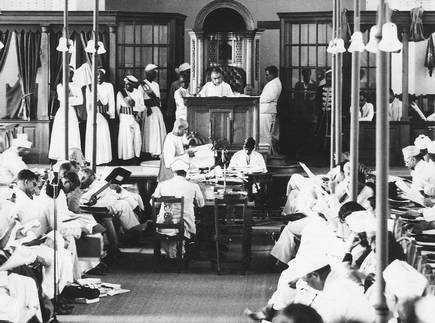
IN NEWS:
The President of India will address the commemoration of the 100th year of the Madras Legislative Council on August 2, 2021.
KEY POINTS:
- Tamil Nadu Legislative Council was the upper house of the former bicameral legislature of the Indian state of Tamil Nadu.
- It began its existence as Madras Legislative Council, the first provincial legislature for Madras Presidency.
- It was initially created as an advisory body in 1861, by the British colonial government. It was established by the first Indian Council Act of 1861, enacted in the British parliament in the aftermath of the Indian Rebellion of 1857.
- Its role and strength were later expanded by the second Council Act of 1892.
- Limited election was introduced in 1909.
- The Council became a unicameral legislative body in 1921 and eventually the upper chamber of a bicameral legislature in 1937.
- After India became independent in 1947, it continued to be the upper chamber of the legislature of Madras State, one of the successor states to the Madras Presidency.
- It was renamed as the Tamil Nadu Legislative Council when the state was renamed as Tamil Nadu in 1969.
- The Council was abolished by the M. G. Ramachandran administration on 1 November 1986.
SOURCE:TH
